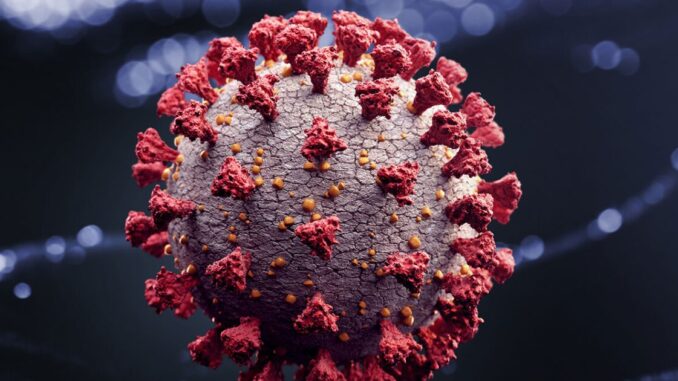
Massachusetts General Hospital (MGH) and Brigham and Women’s Hospital (BWH) researchers have identified a potential drug candidate, larazotide acetate, to treat serious Covid-19 complication, multi-inflammatory syndrome (MIS-C) in children.
A rare, severe and possibly life-threatening ailment, MIS-C usually develops in children weeks or months following mild or even asymptomatic SARS-CoV-2 infection.
According to a prior study by MGH and BWH scientists, SARS-CoV-2 can be present in the gut for weeks to months following an infection in cases of MIS-C.
When the virus remains in the gut, a compromised mucosal barrier can permit the entry of small viral particles such as the spike protein into the bloodstream.
This causes infections such as Covid-19 and in rare instances, the hyperinflammatory response that causes MIS-C
Based on the findings, the researchers gave larazotide acetate to four children aged three to 17 years who are extremely ill with MIS-C, at MGH.
MGH claimed that the drug lowers the discharge of the zonulin molecule that causes greater gut permeability and a weakened mucosal barrier.
Furthermore, the team compared the clinical outcomes of these children treated with larazotide along with steroids and intravenous immune globulin (IVIG) to 22 children who were treated with steroids and IVIG only

Leave a Reply